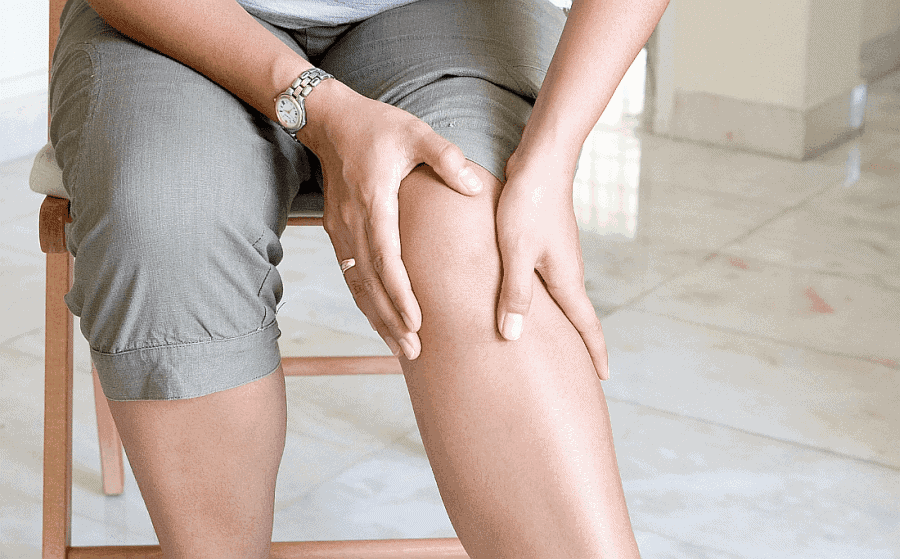
What is Arthritis?
When asked about arthritis, I’m sure a good number of us have a thing or two to share as it is a prevalent condition with Over 50 million Americans suffering from it, which means it affects 1 in every five adults, 300,000 children, and countless families. Thanks to this singular fact, arthritis is the number one cause of disability in the country. The number of people affected by this condition is growing, and it will only keep growing unless we take a stand.
It is a joint disorder featuring inflammation. A joint is an area of the body where two bones meet. A joint functions to allow movement of the body parts it connects. Arthritis means the inflammation of one or more joints.
Some forms of arthritis are more of a discomfort than a severe medical problem.
However, millions of people suffer daily from pain and disability due to arthritis or its complications. Also, many forms of arthritis, because they are rheumatic diseases, can cause symptoms affecting various organs of the body that do not directly involve the joints.
Types of Arthritis and Their Causes
It comes with joint pain. Do you know yet the reason why your joints hurt so badly?
What could cause such unbearable pain that ultimately makes you reach for your ice pack or bottle of analgesics?
In fact, “arthritis” is not a single disease; it is an informal way of referring to joint pain or joint disease. There are more than 100 different types and related conditions, but the prominent ones are:
Degenerative Arthritis
Osteoarthritis is the most common type of arthritis. When the cartilage – the smooth, cushioning surface at the ends of bones – wears away, the bone rubs against the bone, causing pain, swelling, and stiffness. With time, joints can become weakened, and pain can become chronic.
Inflammatory Arthritis
A healthy immune system is protective.
It generates internal inflammation that helps eliminate infection and prevent disease.
But the immune system can go awry, mistakenly attacking the joints with uncontrolled inflammation, which can lead to joint erosion and damage to internal organs, the eyes, and other parts of the body.
Rheumatoid and psoriatic arthritis are examples of inflammatory arthritis.
Infectious Arthritis
A bacteria, virus, or fungus can enter the joint and trigger inflammation. Examples of organisms that can infect the joints are salmonella and shigella (food poisoning or contamination), chlamydia and gonorrhea (sexually transmitted diseases), and hepatitis C (a blood-to-blood infection, often through shared needles or transfusions). In many cases, timely antibiotic treatment can eliminate the joint infection, but sometimes arthritis can become chronic.
Metabolic Arthritis
When the body breaks down purines, a substance found in human cells and many foods, uric acid is released.
Some people have high levels of uric acid because they naturally produce more uric acid than they need, or because the body cannot eliminate uric acid fast enough.
In some people, uric acid builds up and forms needle-like crystals in the joints, causing sudden peaks of extreme joint gout pain or gout attacks.
Gout can come and go in episodes or, if uric acid levels are not reduced, it can become chronic, causing permanent pain and disability.
Recommended gout remedy: Dr. Elix Gout Pain Relief & Crystals Removal Fast-Acting Topical Treatment.
Adverse Effects of Arthritis
It can cause debilitating, life-changing pain.
According to the Centers for Disease Control and Prevention, more than one-third of adults with arthritis report that it limits their leisure activities and work. Twenty-five percent report that it causes severe pain (seven or more on a scale of zero to ten points).
“I never want to feel such pain again! “says Gardner, recalling her first flare-ups of joint inflammation.
“My skin hurt. My joints all ached. I couldn’t even open the doors of my car.”
That is what a lady affected by this disease had to say, and you would agree with me considering that testimony that arthritis is capable of preventing us from living active, healthy lifestyles. It often leads to permanent sleep problems, fatigue, depression, and anxiety. This means we are more likely to develop other serious illnesses, and sadly, these conditions interconnect, such that difficulties with any of them make the others worse.
1. It’s Effect on Sleep
As many as 80% of people with arthritis have trouble sleeping. With painful, stiff, and sometimes swollen joints, feeling comfortable, falling asleep, and staying asleep can be a challenge.
Most individuals attribute their restless nights as an unfortunate side effect of arthritis pain. But new research is finding that the relationship works both ways – poor sleep can make your joint pain worse, and even increase the likelihood that you may become disabled or depressed.
“Patients often attribute sleep problems to pain. While pain can certainly contribute to The more we find that relationships are likely to be multidirectional,” says Yvonne Lee, MD, Assistant Professor of Medicine at Brigham and Women’s Hospital in Boston. “Different problems start first in different people, but once one of these issues occurs, they lead to the others and can come full circle.”
Dr. Lee found a link between pain and sleep among people with rheumatoid arthritis (RA) in her Research. Published in 2009 in Arthritis Research & Therapy, she found that sleep problems were associated with decreased pain thresholds in women with RA at numerous body sites when pressure was applied. The areas included both joints that are commonly affected by RA and non-joint sites that are not affected by the disease.
2. It Might Further Lead to Depression and Disability
A 2015 study published in Arthritis Care and Research found that individuals with osteoarthritis pain who have sleep problems were more likely to experience depression and even become disabled over time.
The study involved 367 adults with osteoarthritis of the knee. Participants responded to questionnaires about sleep disturbances, pain, functional limitations, and depressive symptoms.
“Research continues to show that not sleeping at night exacerbates pain the next day, but what is most concerning is that there is something about sleep disruption that predisposes folks. With arthritis to become more disabled over time,” says the study’s lead author, Patricia Parmelee, Ph.D., director of the Institute for Research on Aging at the University of Alabama at Tuscaloosa. “This is a scary conclusion that suggests we really should treat sleep problems, so they don’t contribute to the progression of the disease”. It means that we need to fight harder.
Unfounded Theories About Arthritis
Theories abound, ranging from the belief that women’s weak cartilage and tendons are the cause of a link with estrogen. There are many persistent myths and misconceptions about arthritis, all are unproven, though the statistics are undeniable.
Listed below are some of those myths:
- There is only one type of arthritis.
- Only ‘old people’ develop arthritis.
- Children do not have arthritis.
- Diet can prevent or treat your arthritis (it can only help indirectly)
Risk Factors
The risk factors for this disease are categorized into two:
- Non-modifiable risk factors comprise those factors that cannot be prevented or changed. They are:
- Men and women aged 45 and over
- Females 15 years of age and older
- Someone with a family history of arthritis
- Being African American
- Modifiable risk factors comprise those that can be prevented or changed by an individual. These include –
- Obesity
- Past injuries to joints
- Infections, such as Lyme disease
- Certain professions that require repetitive and frequent joint activities, such as kneeling or bending down
Importance of the Early Treatment of Arthritis
Since many people associate joint pain with aging, they don’t realize that it may indicate a life-threatening health problem. “Some types of arthritis increase your mortality and should be managed early, like rheumatoid arthritis, systemic lupus erythematosus, vasculitis, temporal arteritis, and other connective tissue diseases.
Talking about treatment, I’m sure you would be wondering which treatment will truly help get rid of this dreadful disease. The Arthritis Pain Relief Expert Lotion will be the answer to that (coming soon with a proper dedicated diet), as the name implies it will help relieve you quickly from the excruciating pain the condition brings as well as to stop the process, causing the degradation of your joint cartilage and so to start from here to improve the situation and regain healthy joints the maximum possible.
Dr. Elix – Premium Organic Solutions

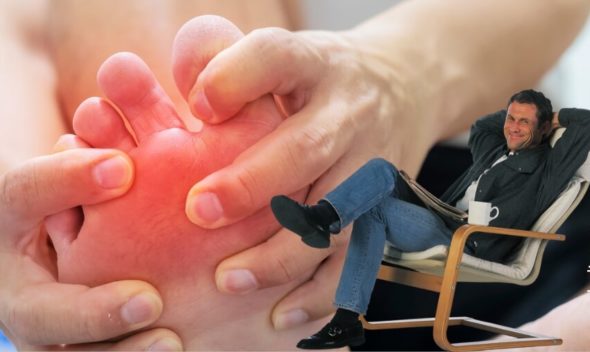
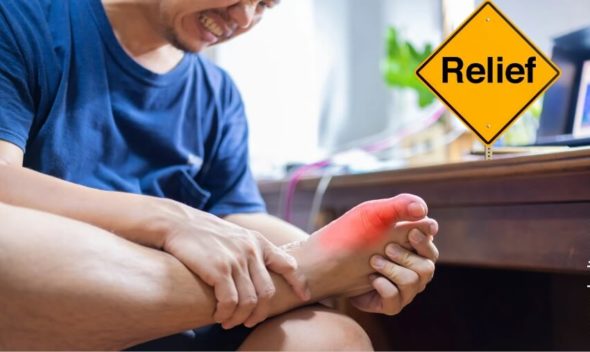
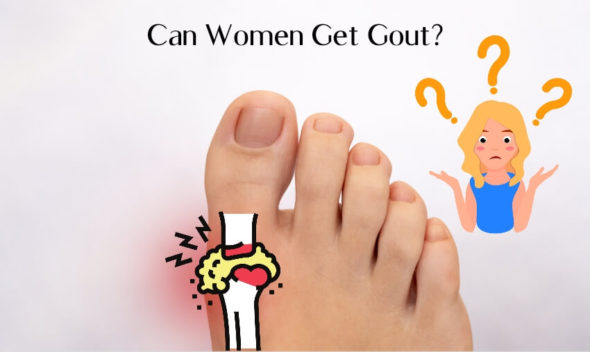


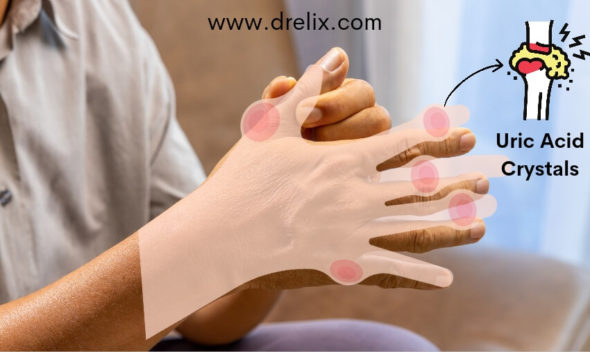
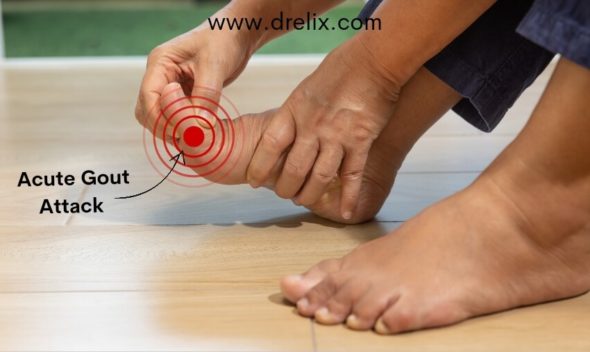
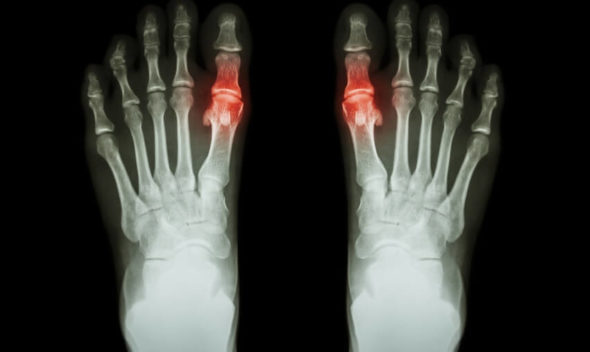
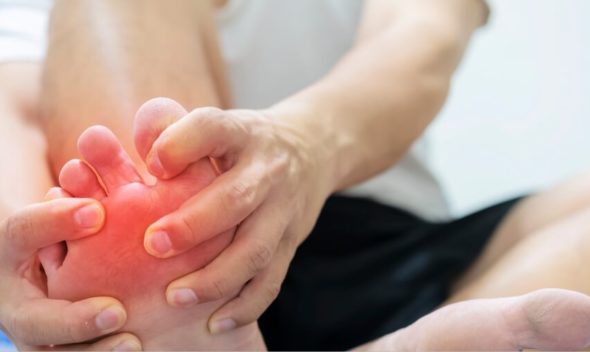

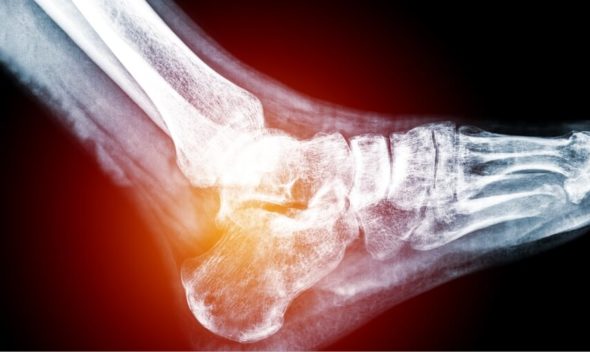

Very informative article. I was looking for this type of information for a long time. Thank you.